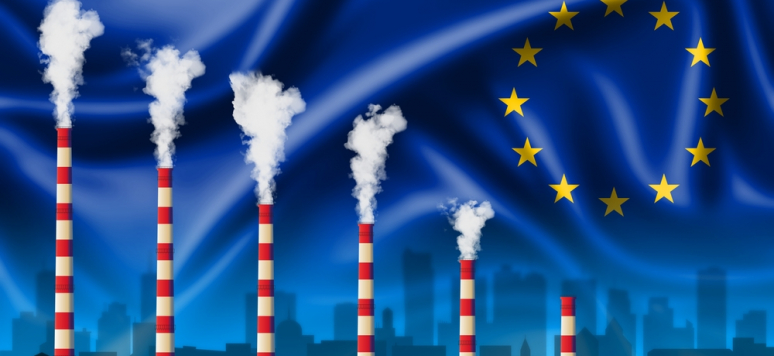
The Climate Crisis
Credits: (c) Tomasz Makowski/Shutterstock
The United States of America has deployed the powerful tool of the Inflation Reduction Act to stimulate decarbonization investments, support all low carbon technologies and prioritize homemade technological leadership.
Europeans now agree on the need to foster their trade and industrial policies as showcased through the European Commission's priorities. The timing is opportune as the EU faced a substancial trade balance deficit, sees an increasing reliance on imports for low carbon technologies, equipment and raw materials, alongside energy resources, existential challenges for energy-intensive industries, and insufficient investment in the electricity sector.
Investment booster on one side of the Atlantic, regulatory incentives sticks on the other, possibly coupled with all-out national subsidies for those who can afford it? Is the EU fit for the industrial dimension of the Green Deal and systemic global rivalries? What are the risks and opportunities, especially related to the electricity market design and the critical raw materials act, trade policy and support measures for low carbon tecnologies?
PROGRAM
9:00-10:00 | How can the Net Zero Industrial Act and Electricity Market Design reform work together to boost clean technology manufacturing and support energy-intensive industries with competitive, low carbon and reliable energy supplies?
- Christian Ehler, Member of European Parliament, Comittee on Industry, Research and Energy
- Annamaria Marchi, Deputy Head of Unit, Internal Energy Market, DG ENER (tbc)
- Cosmin Ghita, CEO, Nuclearelectrica
- Anne-Catherine de Tourtier, Nordex General Director France (tbc)
- Amélie Roux, Chief Economist, Saint-Gobain
- Jean-André Barbosa, Vice-President European Affairs and Regulation, Renault Group
10:00-10:30 | Questions & Answers
This webinar will be held on Zoom, in English.
Ecological Transition Energy Energy access Energy dependency Energy transition Industry Europe France World